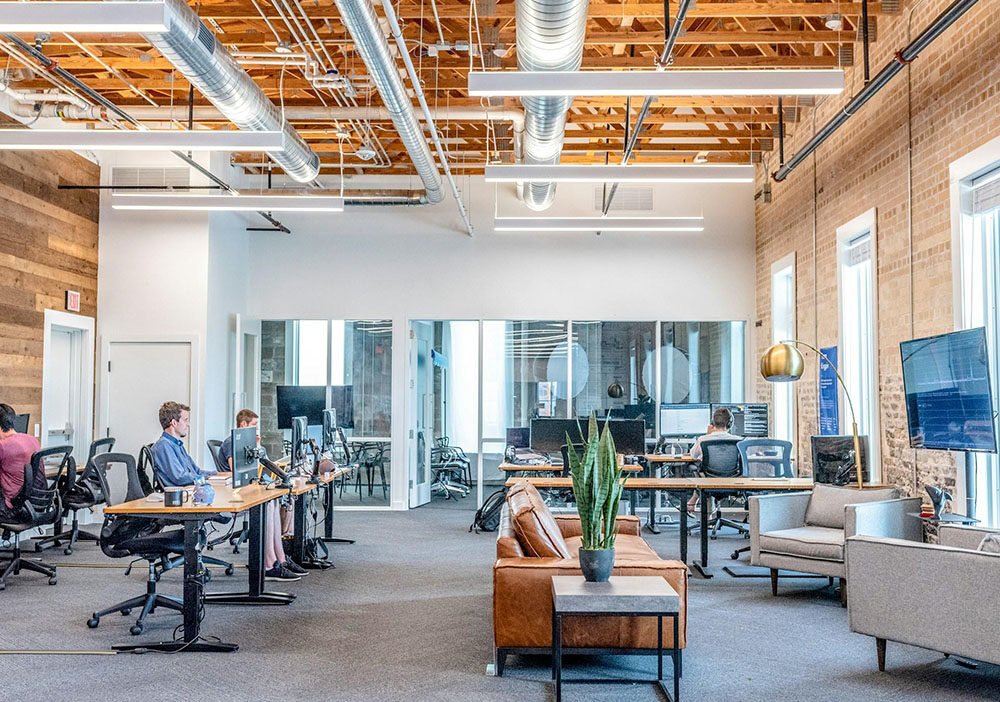Ever had someone show up to your office five minutes early—before the vacuuming’s done, before the coffee’s on, and before you’ve had a chance to hide the lunch dishes? That moment of panic? It’s real. And for workplaces across Auckland, New Zealand, it’s happening more than ever.
Today’s offices aren’t just places to work. They’re where deals are made, ideas are shared, and first impressions begin. Whether it’s a client visit, a job interview, or a surprise walk-through by senior staff, timing matters. Not just what gets done—but when it gets done. If your space isn’t ready at the right moment, everything else can feel off.
We often think of “readiness” as a checklist. Desks wiped. Floors vacuumed. Bathrooms stocked. But in reality, it’s about more than cleaning. It’s about creating an environment that’s ready to support focus, confidence, and professionalism—right when it’s needed most.
In this blog, we will share why timing plays such a big role in how your workplace functions, why it matters more in busy cities like Auckland, and how small changes in routine can make a huge difference.
Why You Shouldn’t Leave It to the Last Minute
Let’s say you’ve got a big meeting in 30 minutes. You’re reviewing slides, checking notes—and then you notice the meeting room’s a mess. Dust on the table, half a coffee cup left behind, fingerprints on the glass door. Suddenly, you’re not thinking about your presentation. You’re thinking about damage control.
This kind of scramble is common. But it doesn’t have to be.
The smartest offices treat office cleaning as part of their daily schedule, not something that’s done when someone gets around to it. And in Auckland, where client visits, hybrid work, and pop-up meetings are all part of the new normal, it’s even more important to stay ahead.
When a workplace is clean and put together, people feel it. Clients feel welcome. Teams feel respected. No one has to apologise for crumbs on the carpet or ask someone to “just ignore the mess.” The space does the talking before anyone says a word.
“Clean Enough” Isn’t Enough Anymore
A quick tidy-up used to be fine. Push in the chairs. Wipe the bench. Take out the bins. That was the standard.
But that changed. People now care more about health, hygiene, and how a space feels. The pandemic played a big part in that. So did the rise of wellness-focused work culture. A spotless office isn’t just about looks—it’s about trust. And if the office isn’t clean, people notice.
It’s not about being fancy. It’s about being thoughtful.
For example, a clean, fresh-smelling break room says your staff are valued. A sparkling bathroom says you pay attention. A dust-free lobby says you’re ready—always. And none of these things happen by accident. They happen on a schedule. One that matches the flow of your workday, not just the end of it.
If someone cleans your office after hours but it gets messy again by midday, your timing is off. If the meeting room only gets wiped once a week, but it’s used daily, the plan isn’t working. Readiness means having the right tasks done at the right time—before they’re urgently needed.
Small Routines That Make a Big Difference
A well-run office doesn’t run on panic. It runs on rhythm.
That rhythm can be simple. A short walk-through every morning to catch anything out of place. A five-minute refresh of the kitchen after lunch. A reset of shared spaces on Friday afternoon so Monday starts clean. These moments build structure. And structure builds readiness.
In cities where the pace of business is fast and often unpredictable, those routines matter. You might get a walk-in from a potential client. A team meeting may be moved up. The local property manager might drop by unannounced. If your space is already clean and in order, none of that will throw you off.
Even better? It frees your team to focus on their actual jobs. No one wants to stop what they’re doing to clean up before a meeting. When cleaning is part of the routine, not a last-minute fix, everyone wins.
Getting Ready Means Thinking Ahead
You don’t need a massive overhaul to improve timing. What you need is awareness.
Ask yourself: When do people use your space the most? When are visitors most likely to arrive? When do things tend to look their worst? Then match your cleaning schedule to those moments. Not after. Before.
Maybe your reception gets heavy foot traffic in the morning. Maybe your bathroom looks fine at noon but not by 3 p.m. Adjust accordingly. A small shift in timing can completely change the experience of your workplace.
And that experience matters. It affects how clients see you. How employees feel. Even how long people stay focused. A well-timed clean space says “we care,” “we’re ready,” and “you matter”—without saying a word.
Being Ready Is the New Standard
Let’s be honest—everyone’s busy. But being busy isn’t an excuse for being unprepared. Especially not when small changes can lead to big results.
In places where businesses compete for attention and trust, readiness isn’t just useful. It’s essential. And the best part? It’s completely within your control. All it takes is planning, consistency, and the right timing.
So next time someone walks into your space five minutes early, don’t panic. Just smile. Because you’re already ready.



